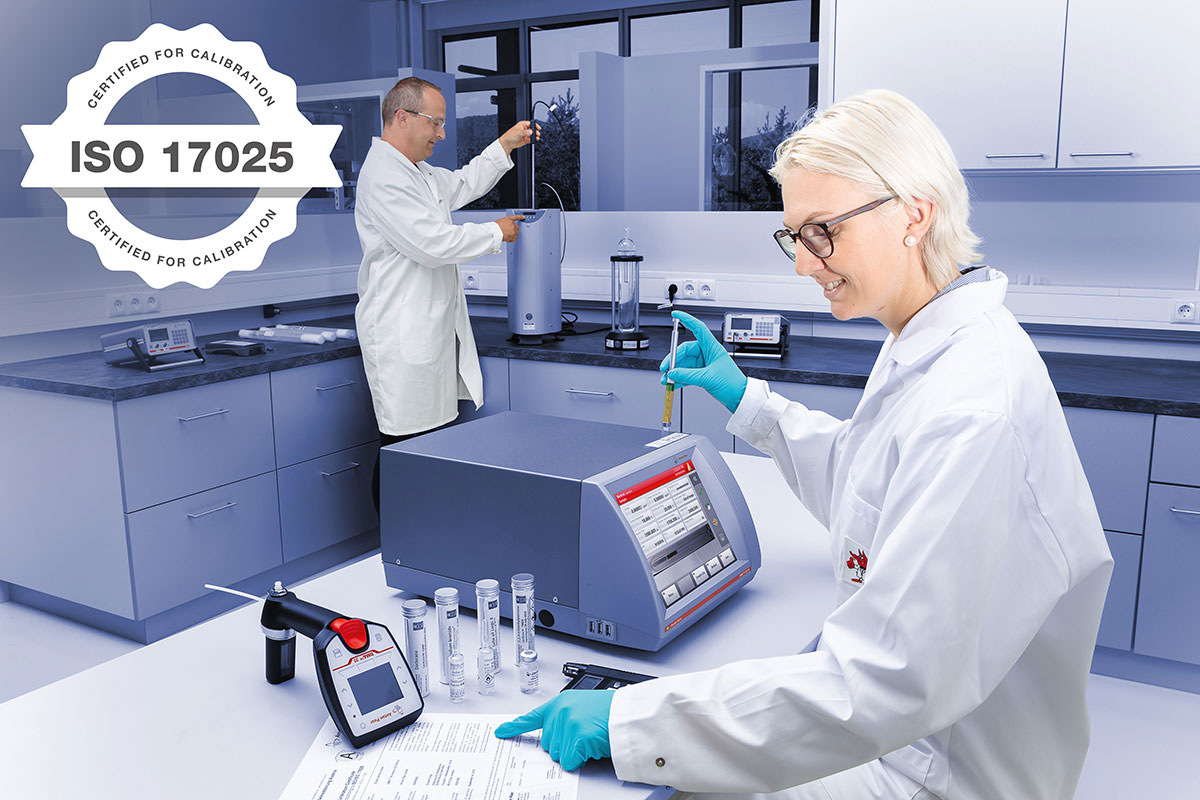
ISO 17025 ISO
ISO 17025 accreditation guarantees processes, such as an adequate communication with the customer or the protection of the customer’s confidentiality. >Guarantees excellence in the service offered to the customer. Therefore, it also boosts international commerce. This certification facilitates the cooperation between organizations beyond national borders, since it establishes a quality standard for obtained results. >Facilitates the collaboration between laboratories and other organizations Therefore, it implies a way to obtain a competitive advantage. ISO 17025 accreditation enables laboratories to guarantee that they operate in a skillful manner, generating results that are valid worldwide. However, being able to accredit that a laboratory meets all of the requirements outlined in the standard implies a number of benefits: >It certifies the quality of a laboratory at a national and international level Benefits of implementing the ISO 17025 standardĪs with the rest of the ISO standards, complying with ISO 17025 implies work and effort for a laboratory. This includes all types of laboratories, whether they be owned and operated by government, industry, or, in fact, any other organization. These requirements are used as tools for the dissemination of collective knowledge, which facilitates the integration of staff, provides flexibility in adapting to changes in the environment and allows problems to be detected for early resolution.įor this reason, this standard is useful for any organization that needs to realize packaging testing methods for their products. For them, it uses both management requirements and technical requirements that affect the improvement of the quality of the work carried out in the laboratories. The main objective of ISO 17025 is to ensure the technical competence and reliability of analytical results. The standard also gives requirements related to quality management such as document control and corrective action. The second is based on technical requirements.

The ISO 17025 standard is based on two main sections: The first consists of performance requirements.

Besides, this standard provides the necessary requirements to be met by testing and calibration laboratories, facilitating the harmonization of quality criteria. ISO 17025 is an international standard developed by ISO (International Organization for Standardization) and the International Electrotechnical Commission (IEC) under the coordination of the ISO Conformity Assessment Committee (CASCO), which establishes the requirements that testing and calibration laboratories must meet. 5.1 Differences between ISO 17025 and ISO 9001 What does ISO 17025 mean?


 0 kommentar(er)
0 kommentar(er)
